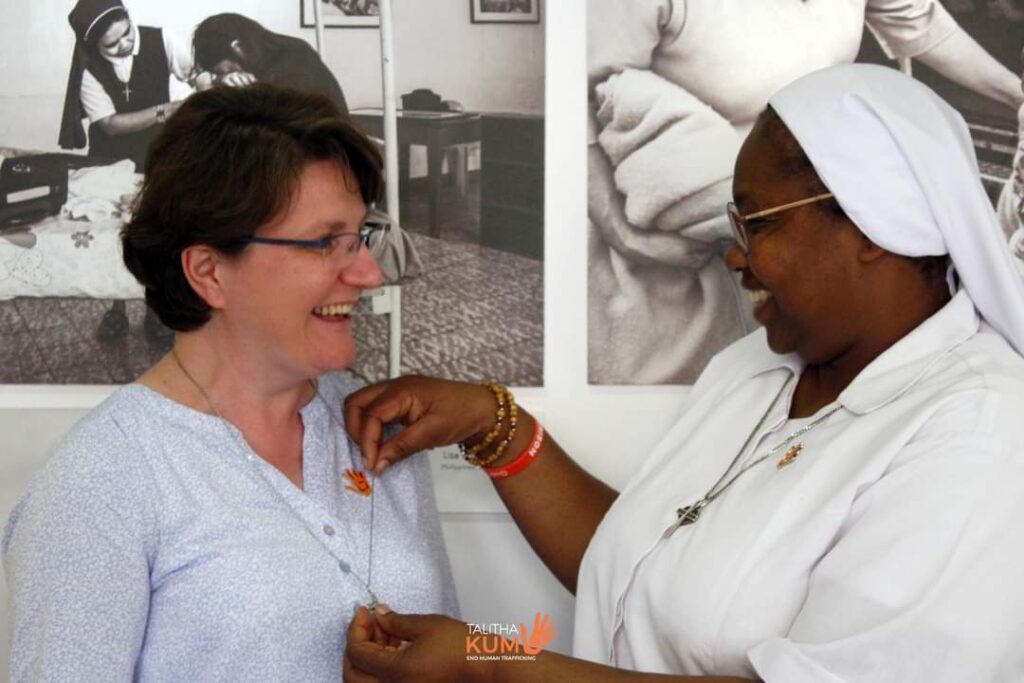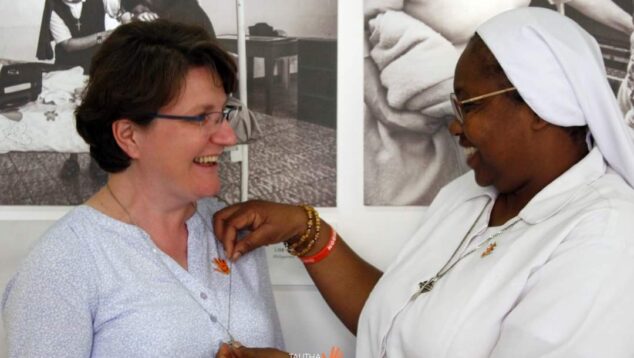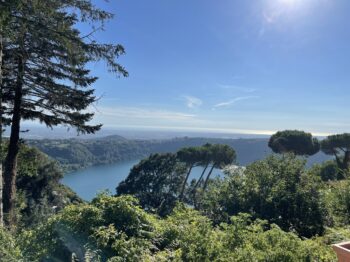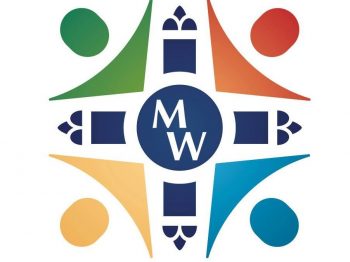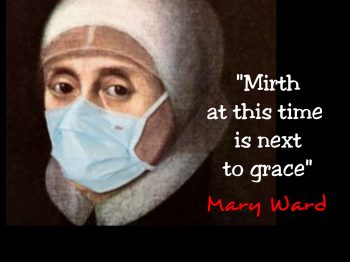Sr. Adina Bălan, member of the Latin European Province (LEP) has been appointed as the new Talitha Kum coordinator for Europe. We have asked her to tell us a bit more abour the organization and about her new mission.
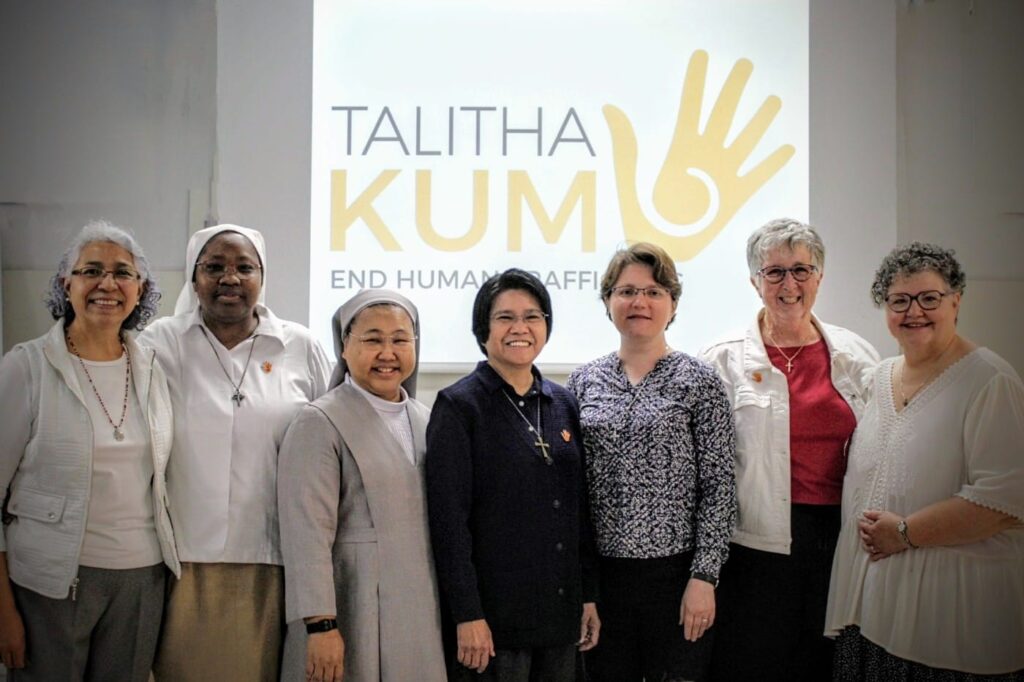
Could you tell us a bit more about Talitha Kum and its mission?
Talitha Kum is a network of religious sisters, established in 2009 in collaboration with the International Union of Superiors General (UISG) as an international initiative against human trafficking and exploitation.
As a structure Talitha Kum main role is to promote collaboration among networks who at the moment are organized at national, regional and continental level. Each network is unique in its identity and operates within its own country or region. At the International level Talitha Kum supports capacity development and training of networks and members, and facilitates the sharing of information, resources and experiences.
At present Talitha Kum Networks are active in the 5 continents coordinating the anti-trafficking efforts of 50 inter-congregational networks organized at the national-local level and 10 networks that include the joint coordination of several countries at the regional level.
What is your current mission at Talitha Kum?
Since April 2023 I have been nominated Talitha Kum coordinator for Europe. In this role my mission is to support the growth and development of Talitha Kum networks in all regions of Europe by disseminating and modeling good practices, facilitating the sharing of experiences, information, and international news, and accompanying the national or local networks on their advocacy initiatives and if necessary to coordinate and animate the establishment and training for new Talitha Kum networks. At the moment there are 6 European networks, 9 Subgroups of a National Network and 24 national contacts of a regional/continental network.
What are you hopes for this new mission?
I play only a small part of the global mission to combat human trafficking. However, as the regional representative of Europe, I dream of more international meetings for our members, especially for those who fight in the most remote areas and are sometimes left out because of language barriers. I hope that through our advocacy, their voices, along with the voices of the victims, can reach those who control the necessary systemic changes and ensure each person’s rights and dignity are respected.
What are the challenges that the organisation will face in the coming years?
For me the biggest challenges we face in Europe are detection, investigation and prosecution. Human trafficking blossoms from one country to another because of delay of procedures and focus on the victims and not on the traffickers and legislation. There are also challenges related to victims’ protection, mainly in relation to the lack of available services and continuous funding. I cannot ignore here the constant diminishment of religious congregations and their members’ involvement in this ministry, becoming more prevalent every year. At the same time, there is still a reluctance of congregations to step into this field of ministry.
What does it mean for you to be part of this organisation?
I don’t know why, when I write this response a quote from Erica Jong comes to my mind. It says “If you don’t risk anything, you risk even more“. Perhaps because when I first heard when I first start to work with victims of human trafficking in 2009 and was opposed to a quote from Mary Ward: “I would to God that all men understood this verity, that women, if they will, may be perfect and if they would not make us believe we can do nothing and that we are but women, we might do great matters“.
To me it’s a way to fulfil our charism for women today, and not only for women but for the marginalised and vulnerable, a way to accompany them in their journey out of the desert and pain towards the place of life.
